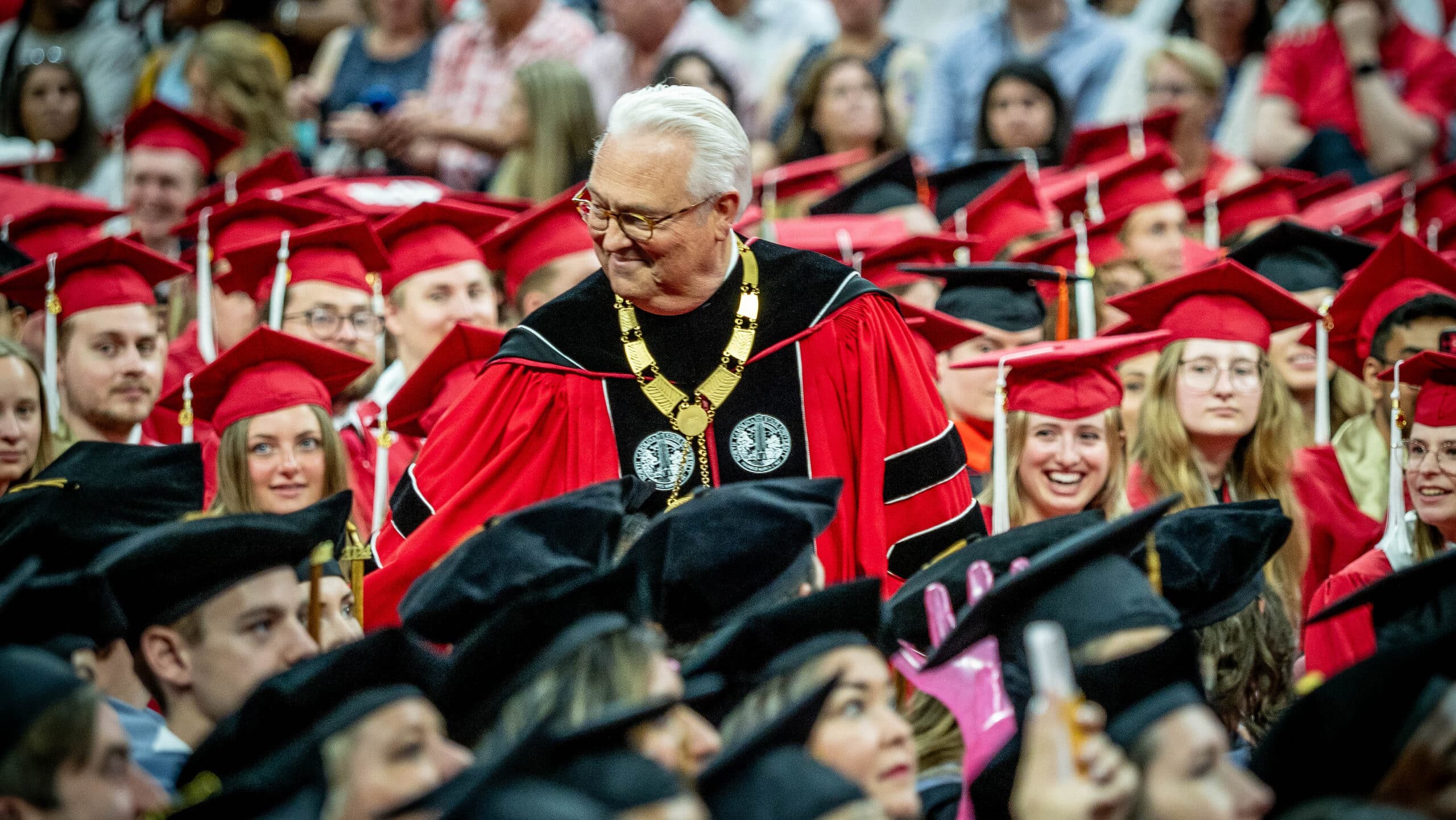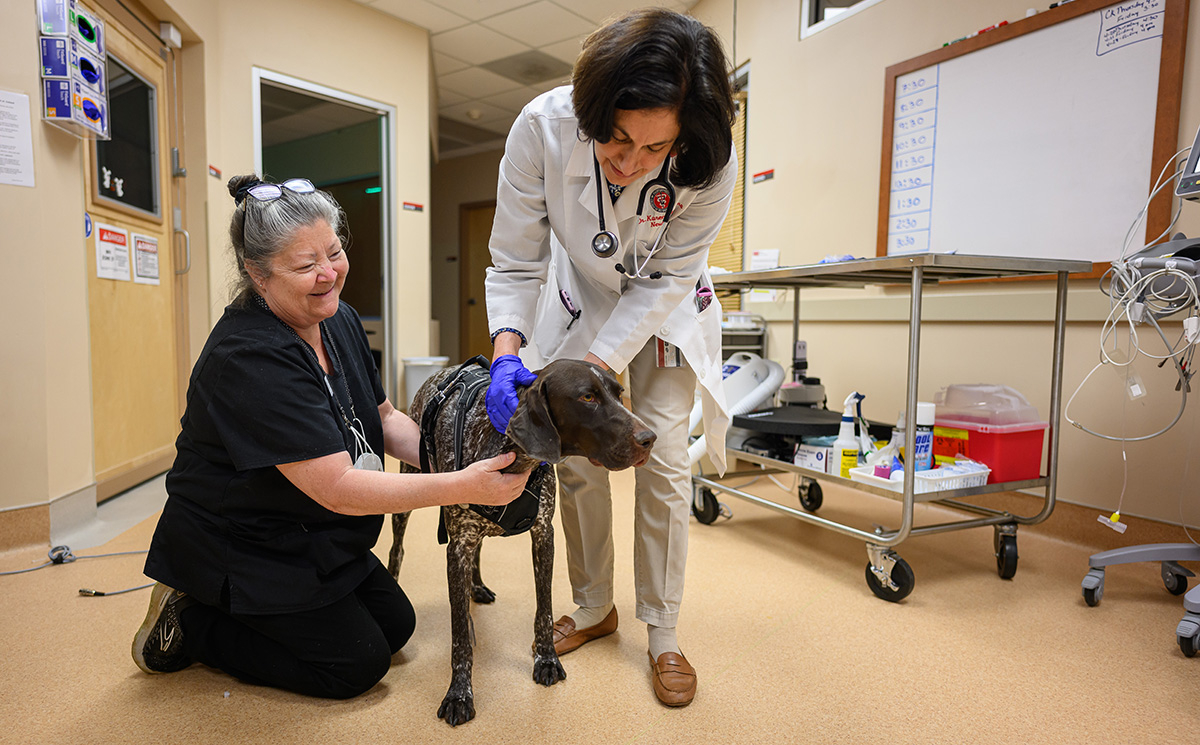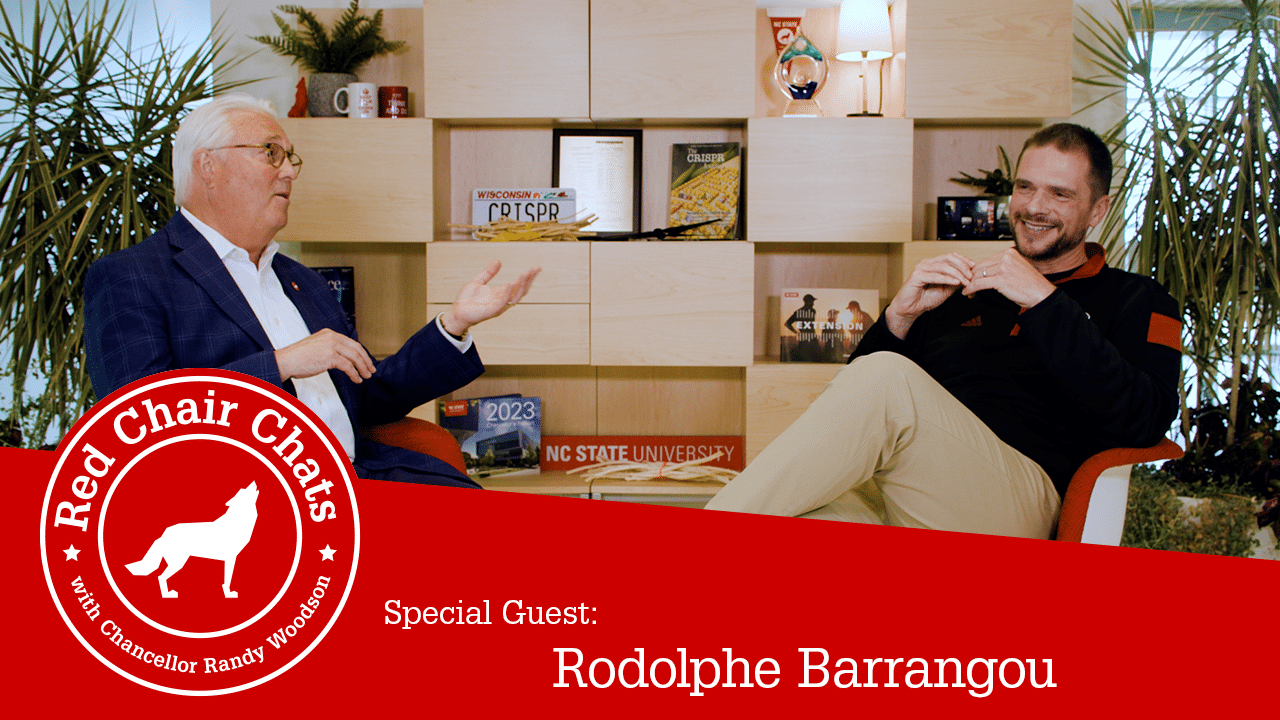Police, Poison and Peace
Caldwell Fellow Saul Flores survived an encounter with a poison dart frog and an hour-long police interrogation before skirting the dangerous border region between Colombia and Panama along the coast and arriving in Costa Rica yesterday.
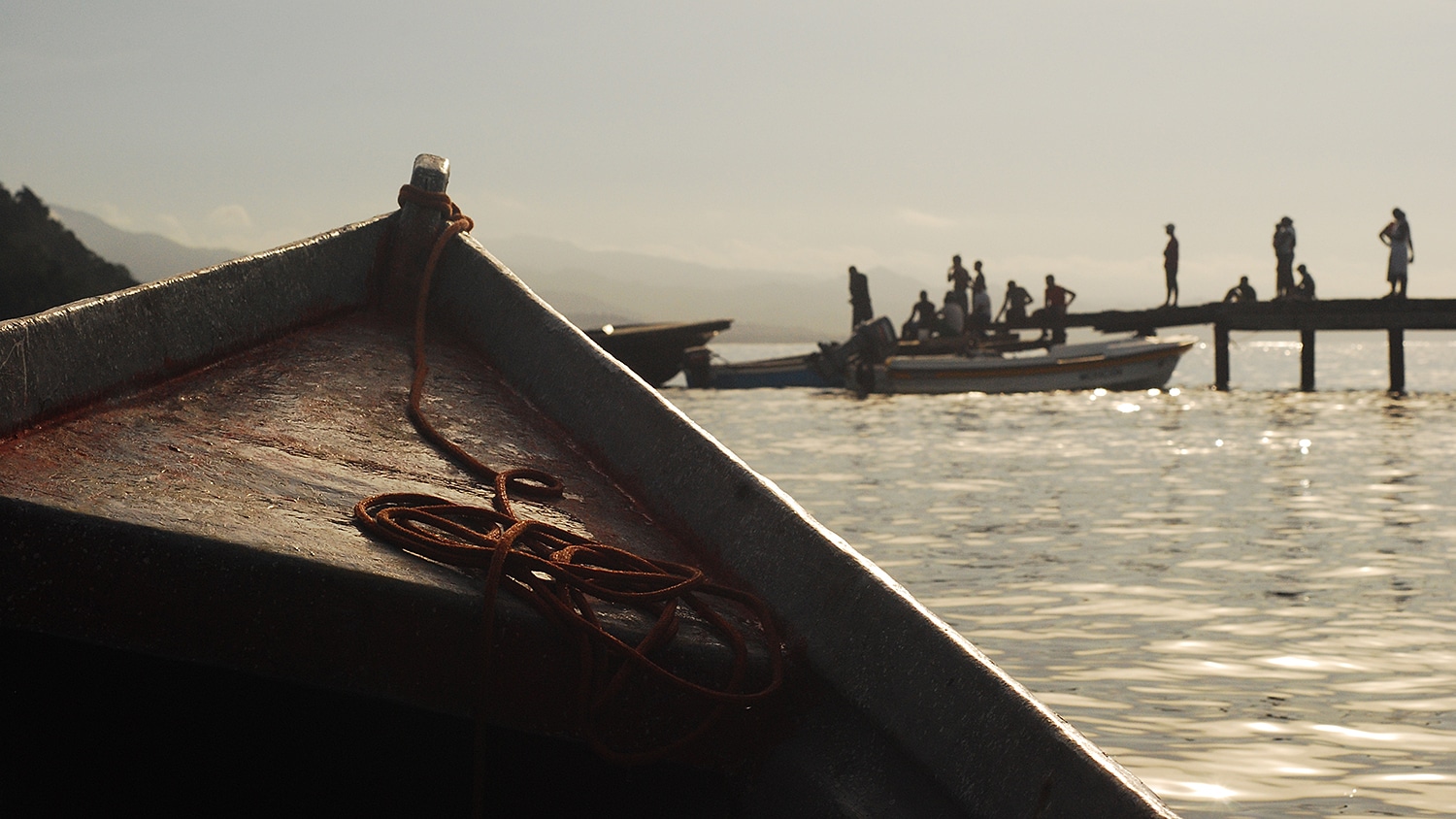
Caldwell Fellow Saul Flores survived an encounter with a poison dart frog and an hour-long police interrogation before skirting the dangerous border region between Colombia and Panama along the coast and arriving in Costa Rica this week.
The NC State junior is walking and hitchhiking across Latin America this summer to raise money for a Mexican elementary school. Along the 4,558-mile route, he’s taking photos of the people and cultures of the region and offering them for sale on his photo blog.
What a Journey
“What a journey it has been,” he said in a Facebook post. “A one-day trip turned into a one-week hitchhike along the Archipelago de San Blas on a canoe, stopping at multiple Kuna communities along the Caribbean Sea.”
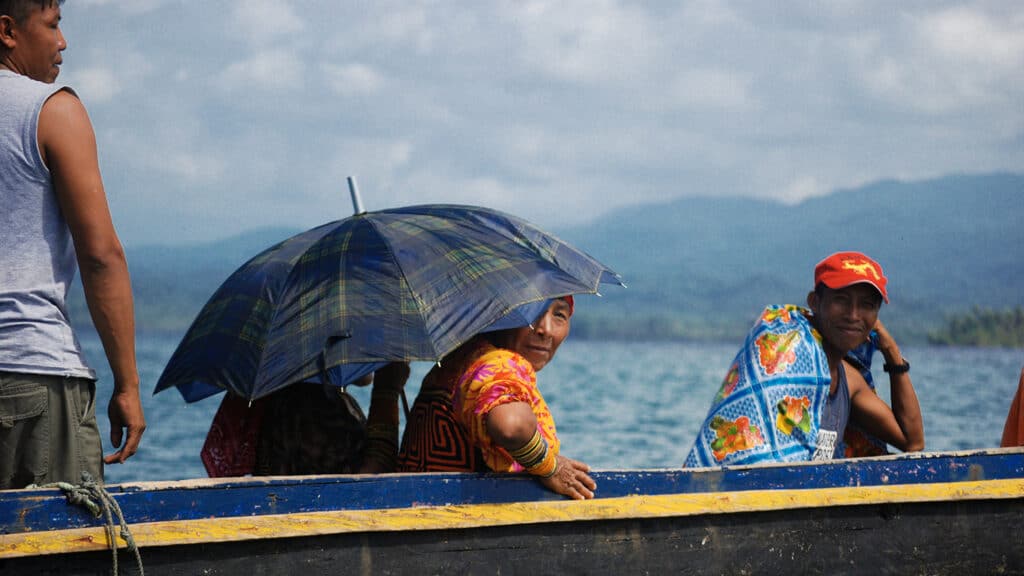
Flores originally hired a local guide to lead him on foot across the Darien gap between Colombia and Panama. But Colombian soldiers stopped the men at a checkpoint about a mile into the journey and ordered them back to the border town of Lomas Aisiadas.
Walking through the jungle, Flores’s leg brushed up against a leaf where a blue florescent poison dart frog had been sitting. Flores’ leg and lip went numb for 12 hours.
“Luckily I did not make direct contact with the frog, otherwise the consequences could have been truly severe,” he said.
Picked Up by the Police
Two days later, Flores ventured to a second border town, Puerto Obaldia, to attempt a crossing there. But after he began taking photos of the town for his blog, border patrol agents took him into custody and held him for questioning.
“Turns out Puerto Obaldia is a high-security town and photographing was an indication of possible FARC (guerrilla) involvement,” Flores said. “This was not a good start in Panama.”
After he was released by police, Flores met a native Kuna villager who offered to shuttle him along the coast to Panama by canoe. Flores ended up spending a week with the Kuna, being ferried from island to island, making friends and learning some of the language and culture.
“The Kuna people welcomed me with open arms and open hearts,” he said. “This autonomous, independent community epitomized an indigenous culture living in a modern world successfully.”
Flores is majoring in design and marketing.
- Categories:
